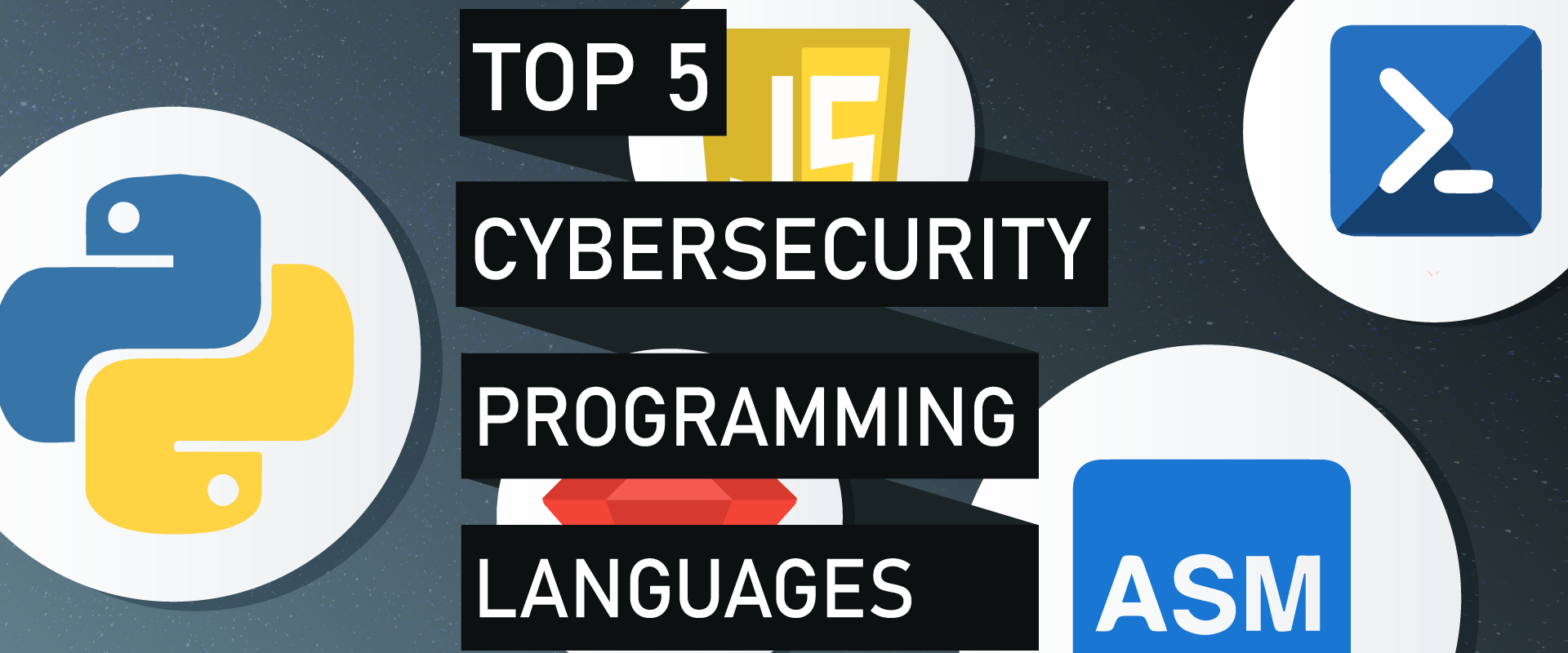
# Securing the Digital Frontier: The Top 5 Programming Languages for Cybersecurity in 2024
In the ever-evolving landscape of cybersecurity, the role of programming languages is paramount in fortifying digital defenses against evolving threats. As we delve into 2024, this blog post unveils the top five programming languages that will define the future of cybersecurity, empowering security professionals to safeguard digital assets with efficiency and resilience.
1. Python: The Swiss Army Knife of Cybersecurity
Introduction:
Python remains the Swiss Army knife of cybersecurity in 2024. Renowned for its simplicity, versatility, and extensive libraries, Python empowers security professionals to develop robust tools, automate tasks, and conduct efficient penetration testing.
2. C++: Building High-Performance Security Solutions
Introduction:
C++ retains its significance for building high-performance security solutions in 2024. With its low-level capabilities, memory management, and efficiency, C++ enables the development of secure and performance-centric applications for cybersecurity.
3. Java: Securing Enterprise Systems
Introduction:
Java continues to be a stalwart for securing enterprise systems in 2024. Recognized for its portability, scalability, and extensive ecosystem, Java empowers cybersecurity professionals to develop robust and cross-platform security solutions.
4. JavaScript (Node.js): Web Application Security
Introduction:
JavaScript, especially in the context of Node.js, is indispensable for web application security in 2024. With its asynchronous capabilities and compatibility with front-end frameworks, JavaScript facilitates the development of secure and responsive web applications.
5. Ruby: Streamlining Security Operations
Introduction:
Ruby emerges as a valuable language for streamlining security operations in 2024. Known for its simplicity and readability, Ruby facilitates the development of efficient tools and scripts, enhancing the agility of cybersecurity professionals in responding to threats.

Conclusion: Fortifying the Cyber Defense Arsenal
As we fortify the cyber defense arsenal in 2024, Python, C++, Java, JavaScript with Node.js, and Ruby stand out as the top programming languages for cybersecurity. Each language brings its unique strengths, catering to the diverse needs of cybersecurity professionals and ensuring the development of robust, efficient, and resilient security solutions.

